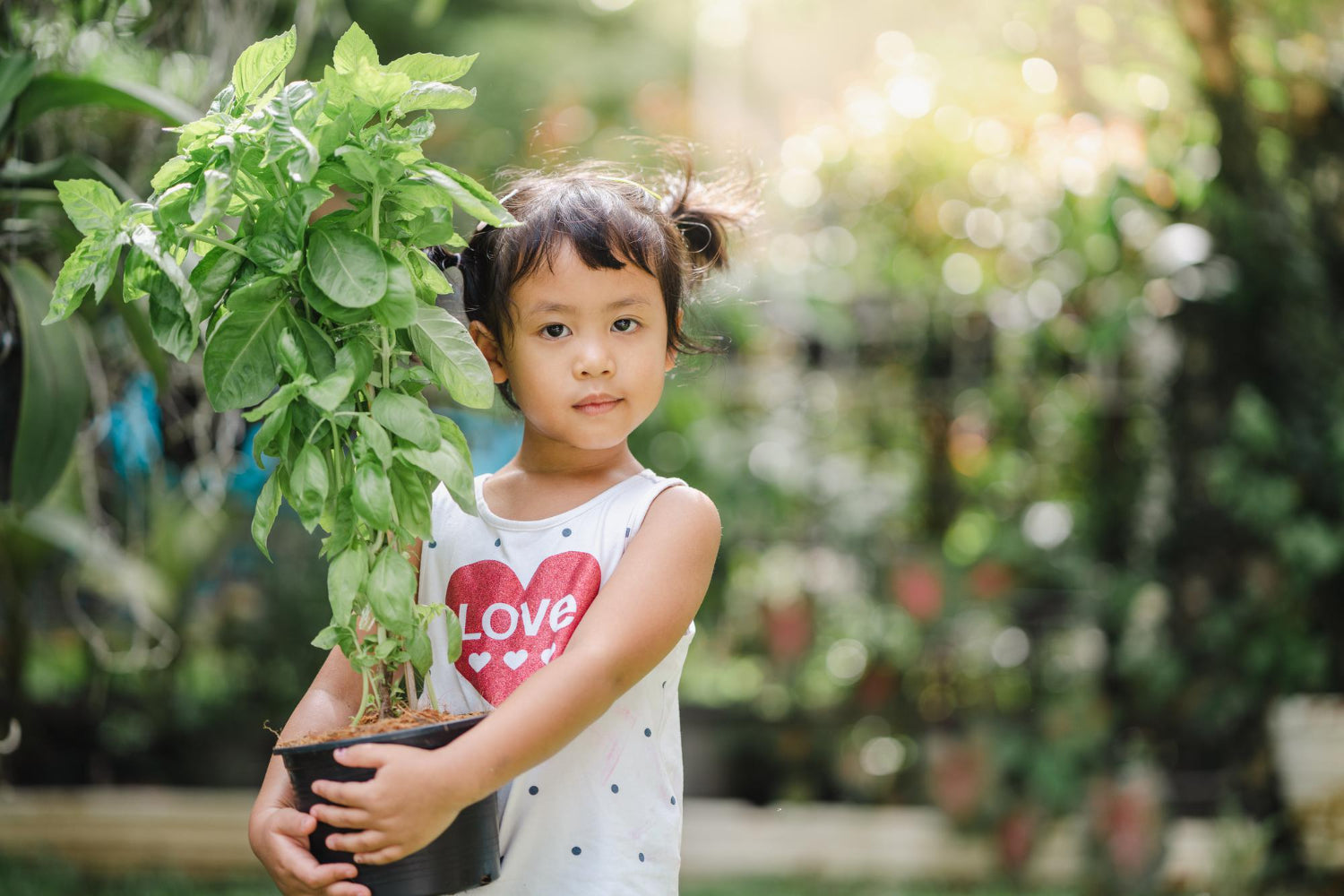Apr 22 , 2024

In modern times, if you ask a kid about where they get their food from, their answer would either be the supermarket or the kitchen. However, this is not their fault as they are totally disconnected from the source of our food. So, it is important to teach your kids about farming as it will not only foster a deeper appreciation for where the food comes from but will also educate them. If you think teaching farming and gardening to kids can be boring and uninteresting, then you are wrong. With fun and engaging activities, you can teach your kids about farming and can instill excellent, valuable lessons related to agriculture, caring for nature, and sustainability. So, let's explore some fun and creative ways of teaching your kids about farming.
1. Hands-On Learning
Nothing can beat the experience of getting hands-on and practical experience. Take your kids to farms and gardens where vegetables are grown and provide them with an up close and personal experience. Get close to crops and farm animals, as this will help them connect with nature. For a better experience, plan a family trip to a local farm and allow your kids to touch, feed, and see the animals from close. In addition to this, there are various farms that allow educational tours and visits for children. So, you can learn more about these types of farms as it will provide your kid with valuable insight into the world of farms and other agricultural methods.
2. Books and Stories
While you dictate interesting stories to your kids, introduce them to the world of farming through the same. Engage them in interesting stories and read them books related to rural life and agriculture. Always choose stories and books that are age-appropriate and easy for kids to understand. Make the storytelling sessions a daily routine and celebrate titles featuring crops, farm families, and farm animals. You can also teach them about heirloom vegetable seeds and encourage them to ask questions related to them. All this will not just make them learn crucial aspects of farming but will also make this learning process fun and interesting.
3. Eat the Fresh
This is the best step as it will make your kid understand the cycle of life and how farming culture works. Teach your kid about the journey of food from farm to table by cooking and eating the vegetables that your kid has cultivated in the garden. In addition, you can also cook farm-fresh ingredients by taking them to the farmer's market to select vegetables directly from the actual source. Ask your kids for help in cooking and creating amazing fresh recipes using fresh veggies. This process will not only promote valuable lessons among your kids but also generate healthy eating habits.
4. Grow Your Own Food
You can make kids their own farmers by letting them plant vegetables of their own. Empower them with the experience of farming by cultivating a garden together. You can start with baby steps by implanting a few easy-to-grow vegetables, followed by some heirloom vegetable seeds. Teach your kids to prepare the soil and the process of sowing seeds. Ask your kids to take proper care of the plants and water them regularly. This will not only help your kids learn about the cycle of life, but it will also make them feel proud as they will see their plants growing and blooming.
5. Role-Playing Games
The best way to teach students is by playing with their imagination. Just fire them up by engaging them in role-playing games and putting them into the shoes of the farmers. Either you can play this game with your kid or let them enjoy the game with their friends. Set up a farm and add toy crops, seeds, and farm animals to it along with other farming tools. Ask your kids and their friends to take up multiple roles like agricultural scientists, farmers, vegetable shoppers, or veterinarians. Ask your kids to play the game as per their roles and go for purchasing, solving farming-related issues, planting, harvesting, and caring for animals.
This interesting role-play game will not just hype their interest in farming, but they will also understand its importance in life. Teaching kids about farming is like teaching them a life value which is very important. This is a lifelong appreciation for farmers and the earth they get food from. Remember that learning about the importance of farming can be interesting, all it needs is your imagination and efforts. So, let's scatter the seeds of connection and curiosity in your kids related to gardening and make their journey interesting by following the tips mentioned above.


